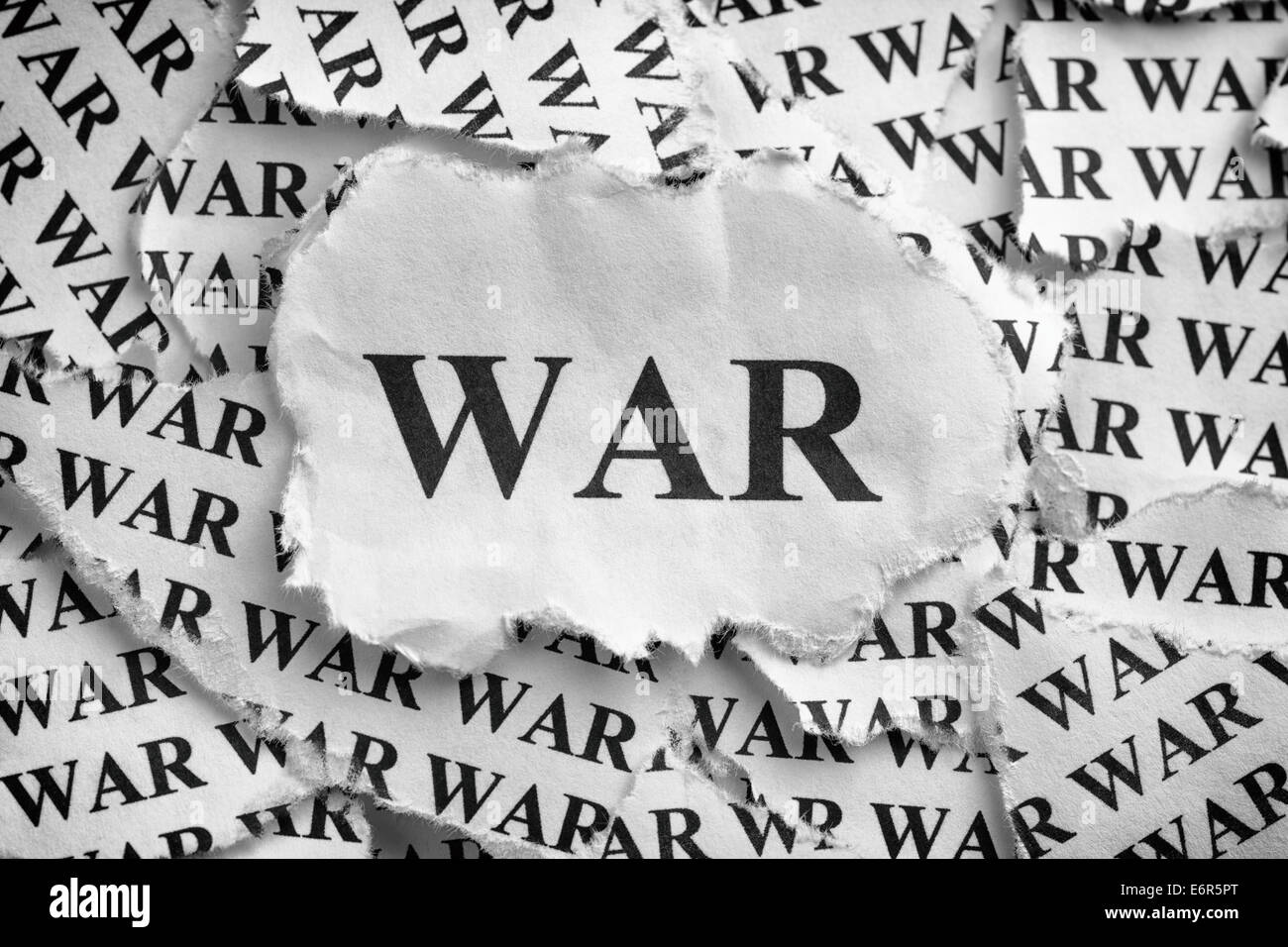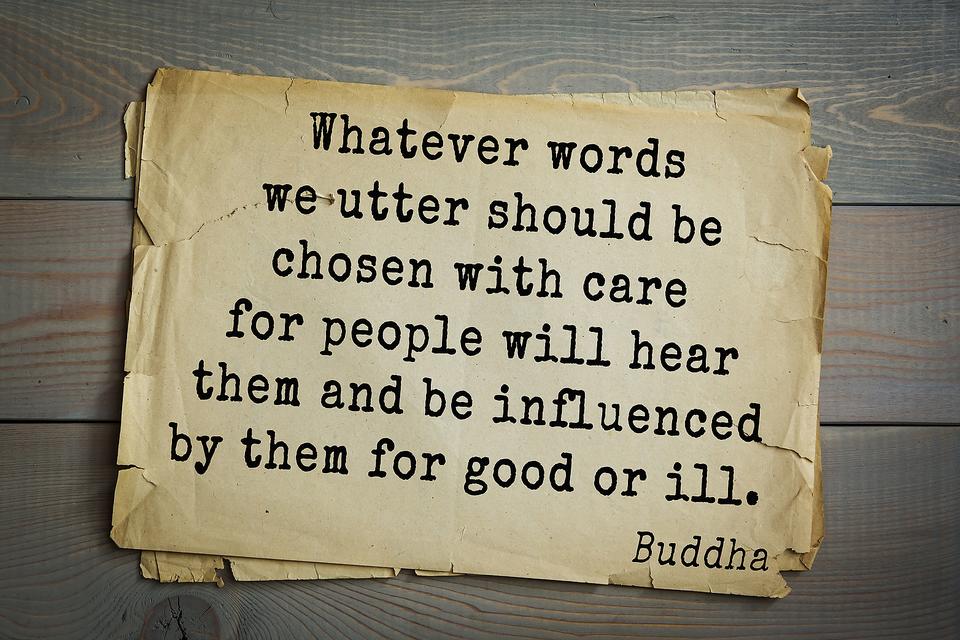
How To Write And Talk About War,
And How Not To
David Swanson / World BEYOND War
(September 6, 2023) — A new guide has just been published at wordsaboutwar.org that provides clear standards for how to write about war, and how not to.
It includes many terms and phrases to avoid, superior alternatives, and explanations.
It also provides general rules for how to approach the use of language for communicating about war.
While I did my bit to help write this guide, I’m nonetheless making an edit in a speech I’m drafting as I look through this guide and spot something I’ve done wrong.
So, some of it is new to me too. Some of it, though, is very old. Some of it is lessons I’ve tried in vain to impart for many years. It can be difficult to break people of speech habits, especially if they’re surrounded by others engaged in the same practices, and especially if they don’t really understand what the point of changing is.
That’s where this guide can come in. We need a collective effort to reform how we write and speak about war. We need to encourage and correct each other. Because it does matter.
It matters that mass killing not be sanitized, that crimes not be rationalized, that horrors not be hidden in euphemisms, metaphors, and obscure acronyms.
If life matters, this matters.
Enjoy!

A LANGUAGE GUIDE FOR DISCUSSING
WAR AND FOREIGN POLICY
Words About War
Download a free PDF of the guide here.
From George Orwell’s critique of the language of totalitarian regimes to today, discussions of war and foreign policy have been full of dehumanizing euphemisms, bloodless jargon, little-known government acronyms, and troubling metaphors that hide warfare’s damage.
Think of “collateral damage” (civilian deaths), “overseas contingency operations” (wars), and “bug splat” (killing human beings with drone-fired missiles).
This guide aims to help people write and talk about war and foreign policy more accurately, more honestly, and in ways people outside the elite Washington, DC foreign policy “blob” can understand.
We encourage you to use this guide, to share it with others, and to adapt it as necessary to local contexts. The guide should be especially helpful to journalists and other writers, podcasters and vloggers, policy analysts, teachers, scholars, and people involved in public education projects.
When quoting or copying parts of the guide, please cite it, with a link to the guide’s online home: “Words about War Matter: A Language Guide for Discussing War and Foreign Policy,” September 2023, www.wordsaboutwar.org.”
“Words about War Matter: A Language
Guide for Discussing War and Foreign Policy”
Dr. David Vine
For media queries, please email Dr. David Vine (American University) at vine@american.edu.
This guide was produced with support from:
American University, Concordia University,
University of California–Irvine and the
War Prevention Initiative of the Jubitz Family Foundation.